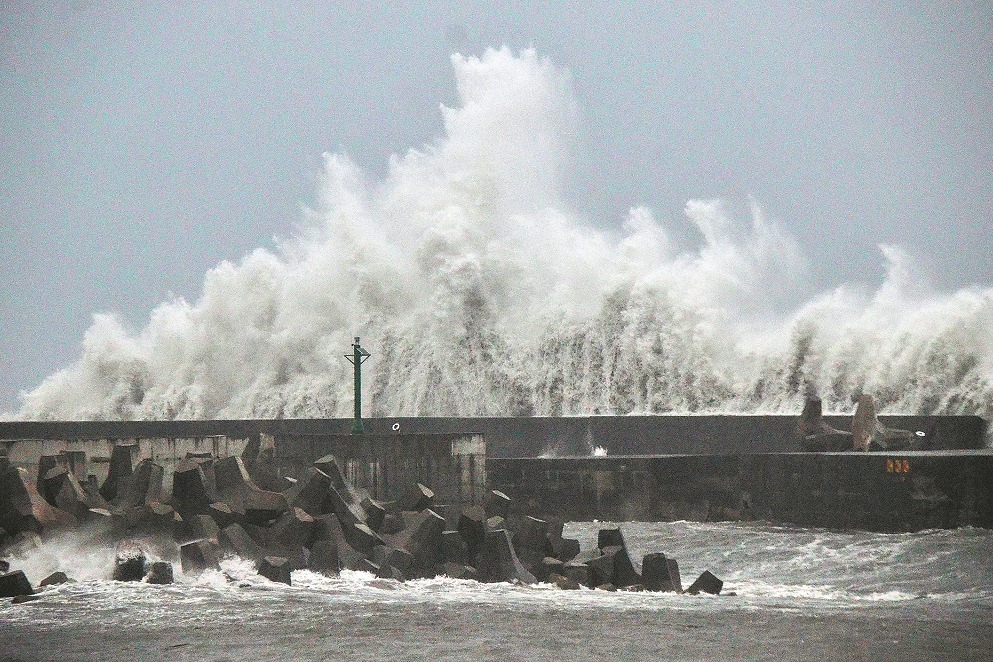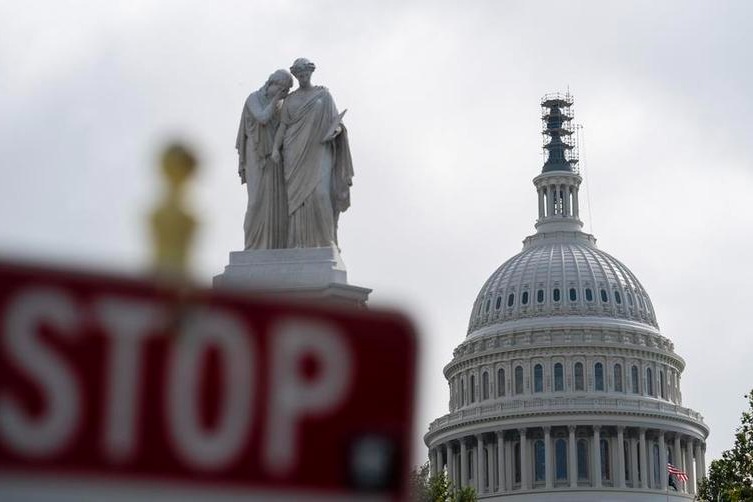Manila needs to cut loose from Washington: China Daily editorial


The USS Higgins, an Arleigh Burke-class guided-missile destroyer, "illegally entered China's territorial waters around Huangyan Island without the approval of the Chinese government" on Wednesday, and the People's Liberation Army Navy "tracked, monitored, and warned the vessel to leave", the PLA Southern Theater Command said in a statement that day.
Sarah Merrill, a spokesperson for the US Seventh Fleet, based in Yokosuka, Japan, to which the USS Higgins belongs, said the warship was conducting a "freedom of navigation operation" in accordance with international law.
But that's not the case. The only reason the US dispatched the vessel to those waters was to show its support for Manila to continue the hazardous game it is playing. A Philippine Coast Guard ship made some dangerous provocative maneuvers on Monday that posed a risk to the Chinese law enforcement ships patrolling in the waters. But US ambassador to the Philippines, MaryKay Carlson, on Tuesday ridiculously pointed the finger of blame at China for "the latest reckless action".
The claim of Merrill that the USS Higgins was upholding the US' right to fly, sail and operate wherever international law allows only exposes the hypocrisy of the US. As the PLA statement said, the US warship "seriously" infringed on China's sovereignty, severely undermined peace and stability in the South China Sea, and violated international law and basic norms governing international relations.
The US Navy spokesperson's dismissal of these remarks — "Nothing China says otherwise will deter us" — reveals the US' intention to constantly escalate tensions in the South China Sea, by emboldening the Philippines. The reason why the US sent the warship to the waters around Huangyan Island is because it realizes the consequences of the Philippines' provocations two days ago might make Manila jittery, waiting for China's response.
Since it assumed office over three years ago, the Ferdinand Marcos Jr government has been fully aware of the dangerous position it is putting the Philippines in by acting as a US pawn against China in the South China Sea. It has practiced a brinkmanship policy to try and maximize its gains in the US-orchestrated geopolitical game — reaching for a yard after taking an inch and hiding low to weather the self-created storms.
A review of what the Marcos government has done in playing its assigned role in the South China Sea clearly demonstrates that whenever it becomes hesitant and worried after playing with fire, the US will always show its support, usually by sending warships to the waters.
Manila then has no choice but to continue playing its provocative game. Notably, its incursion into Chinese waters earlier this week came after Marcos' visit to the US late last month. Before that Marcos also made a series of irresponsible remarks on the Taiwan question and tried to drag India into the game it is playing with the US.
During his visit to the Pentagon, the Philippine president was reassured by his hosts, who reaffirmed the US' commitment to the two countries' mutual defense treaty, which states that an attack on either the Philippines or the US is deemed to be an attack on the other. The treaty is the major source of the Marcos government's confidence that the US will not abandon the Philippines in the case of an emergency. The US is actually taking advantage of that mentality to use the Philippines as a tool in its "Indo-Pacific" strategy, squeezing the space for its autonomy and alienating it from the other countries in the region.
But the US knows it has not yet dispelled Manila's fear of either being discarded by the US or reaping what it has sowed in advancing the US' agenda at its own cost. So whenever Manila thinks it has gone too far, the US has to reassure it. Yet the US' exploitative approach to other hotspot issues incessantly reminds Manila that the US will take its pound of flesh.
Having been pressed to be increasingly provocative, the Marcos government has finally realized that it is not a case of asking what the US can do for the Philippines, but rather what the Philippines can do for the US.
The Philippines will succeed Malaysia as chair of the Association of Southeast Asian Nations next year, which offers the Marcos government a chance to prove it can contribute to regional peace and stability. In an interview for his podcast on Friday, Marcos confirmed that Manila would "certainly try" to push for a legally binding code of conduct for the South China Sea to maintain stability in the region that regional countries have been negotiating.
It is certainly to be hoped that this is the case.


































